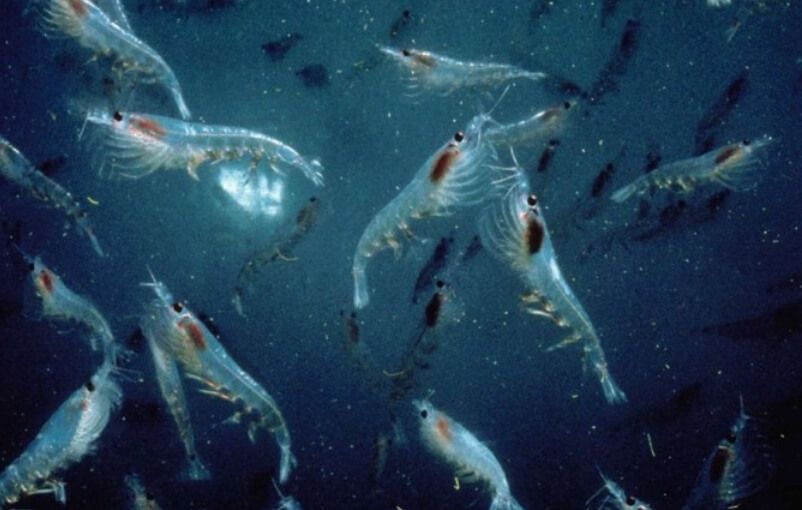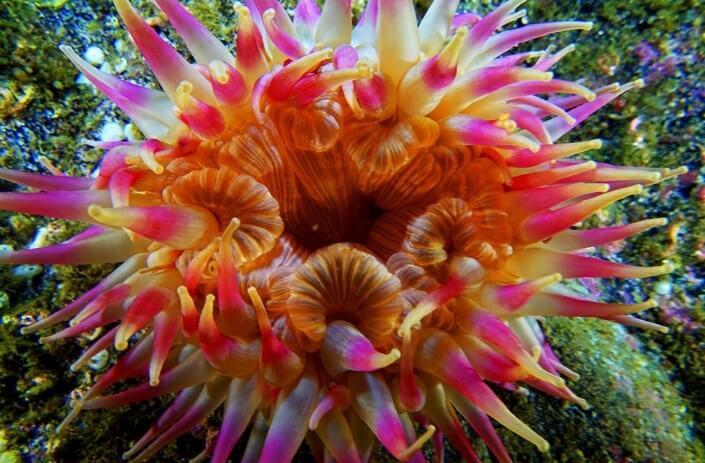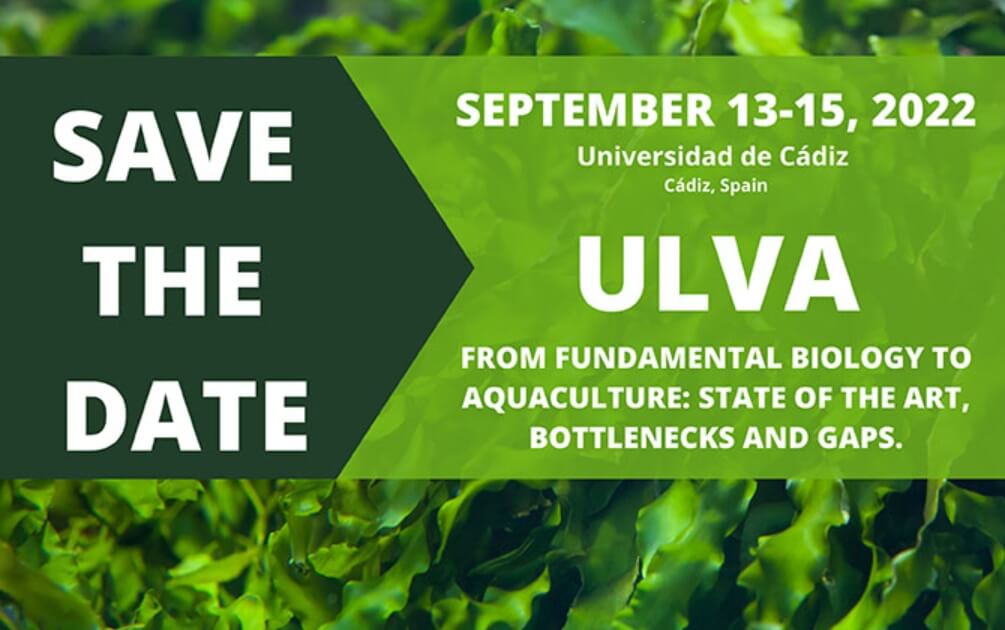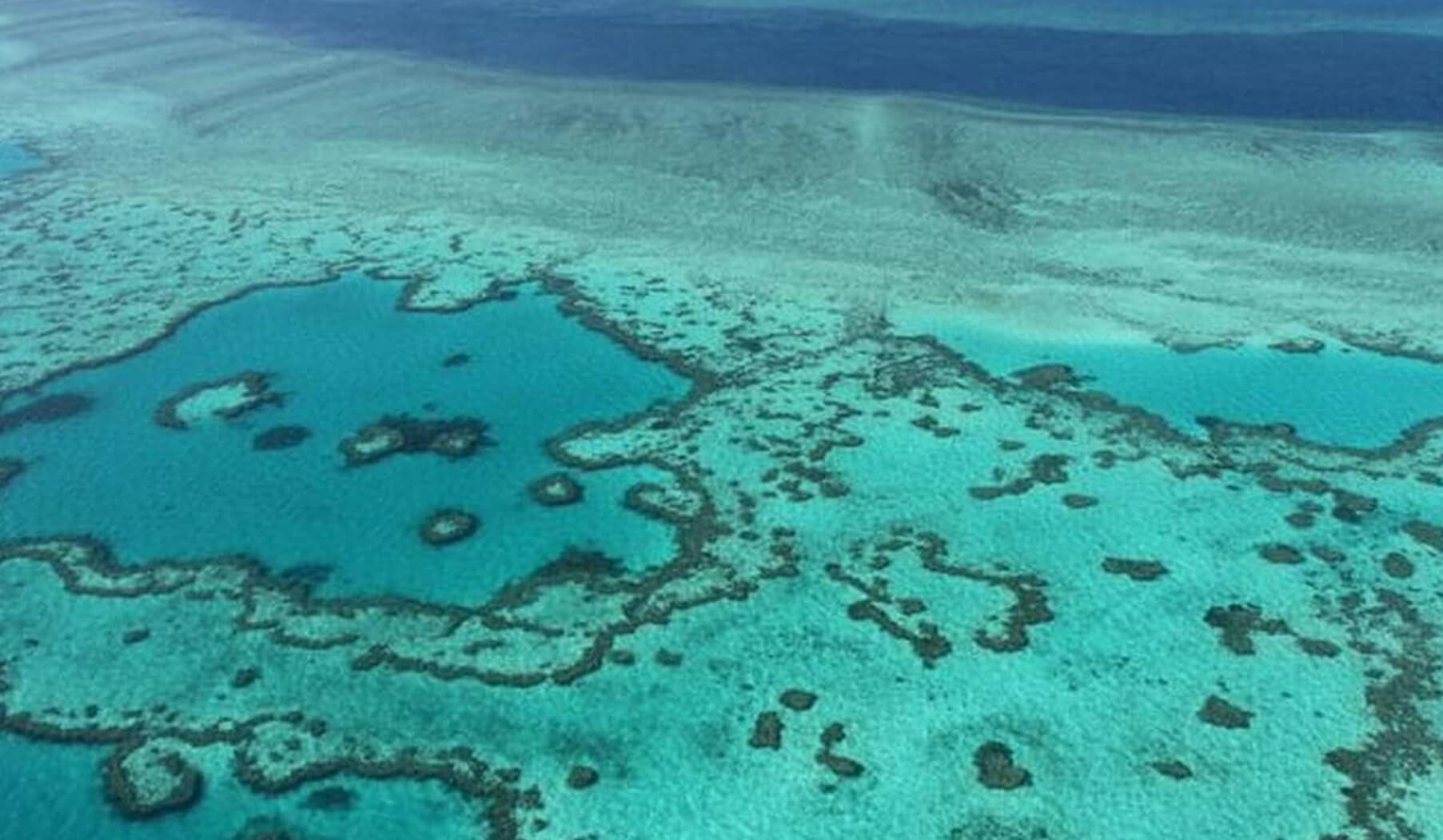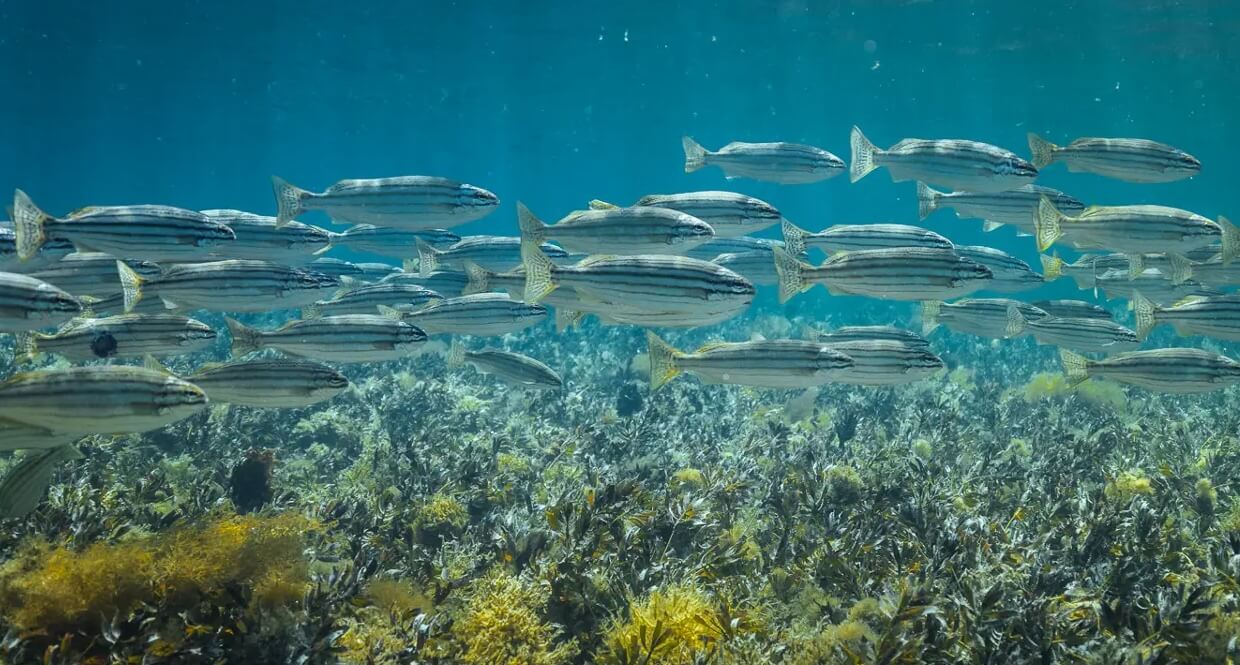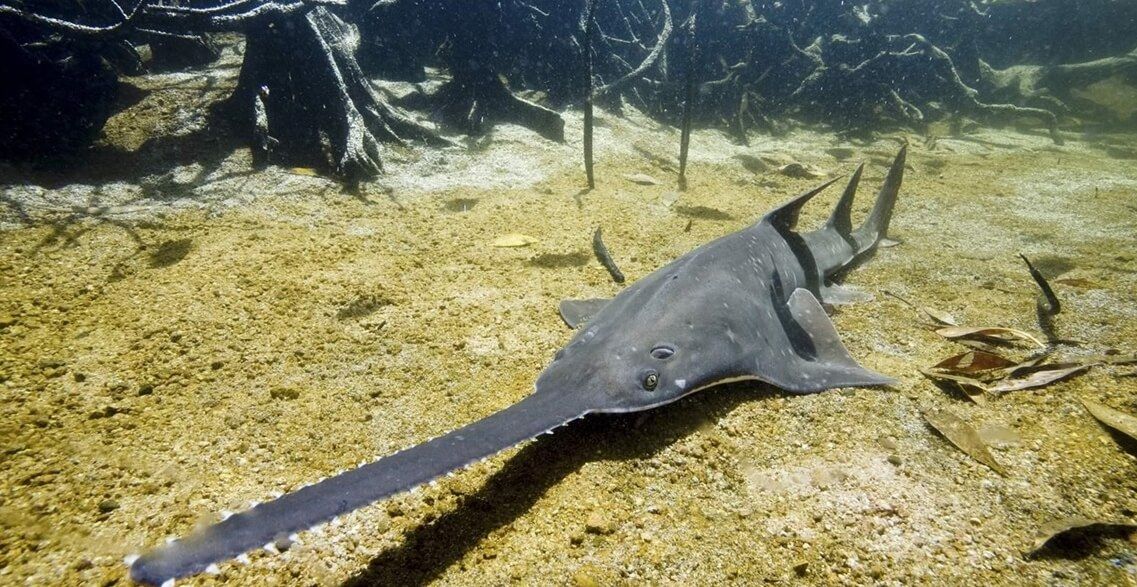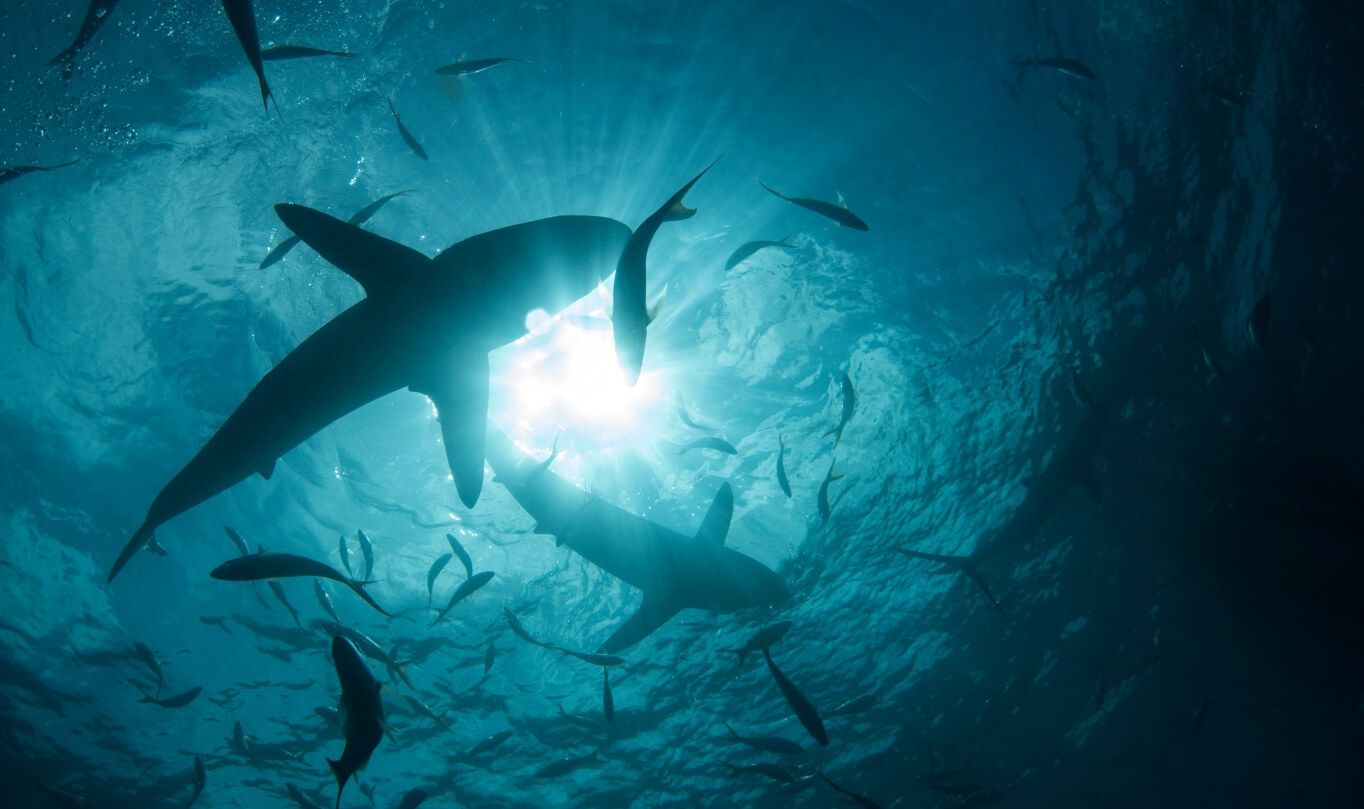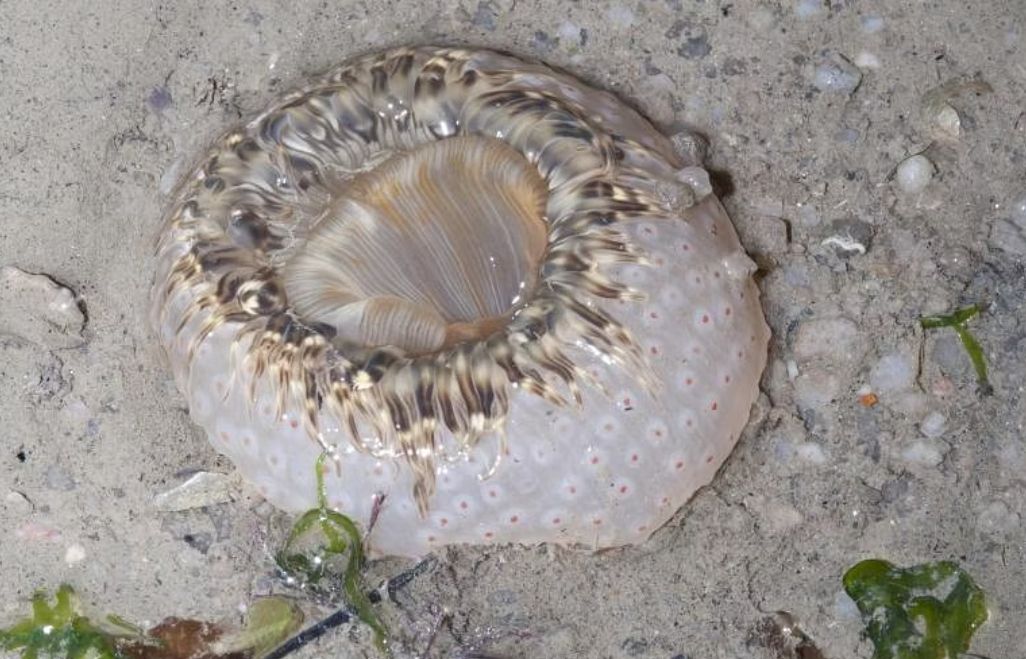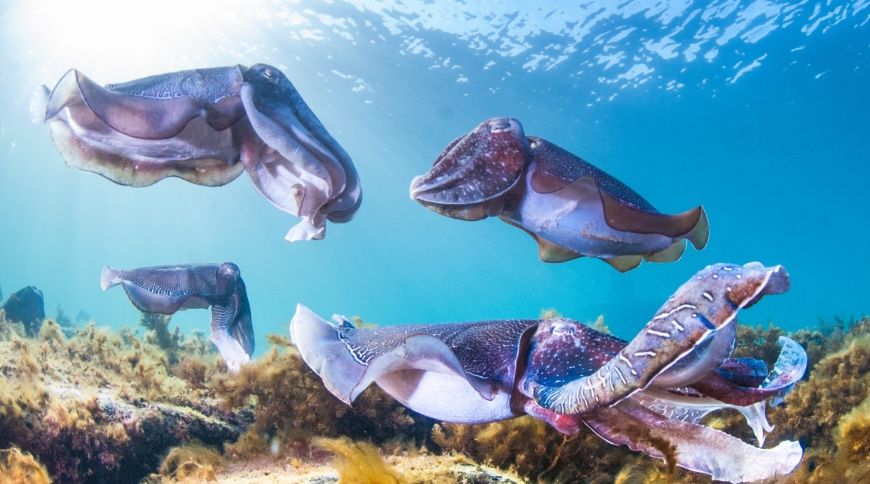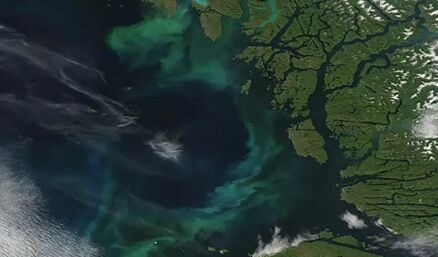On October 20, in the journal Science, ten scientists called for the signing of a moratorium temporarily banning industrial fishing activities in the Southern Ocean. Their recent studies indeed confirm that the current levels of fishing, added to global warming, have devastating effects on these waters, which are nevertheless essential to the planet.
The Southern Ocean is a vital component of the Earth’s ecosystem, disproportionately absorbing carbon dioxide and heat from the planet. It plays a crucial role in regulating temperature and buffering the global impacts of climate change. Cassandra Brooks, the lead author of the report and a researcher at the Institute of the University of Colorado Boulder, emphasized the significance of the Southern Ocean, which is home to some of the healthiest marine ecosystems in the world, with remarkable scientific and ecological value.
However, despite its importance, twelve countries continue to exploit the precious resources of this marine region. Two species, Antarctic krill, sought for processing into fishmeal for farmed salmon and shrimp, and toothfish, a premium product served in the United States, Europe, and Asia, are the primary targets of large fishing companies.
Unfortunately, the fishing activities in the Southern Ocean disproportionately benefit only a few people, as there are no indigenous peoples or local fishing communities in the area. On the contrary, these activities pose a considerable threat to the delicate food chain in the Southern Ocean. The report highlights the localized depletion of certain species, which has significant consequences for predators, including visiting whale populations, still recovering from historic depletion. In 2021, for the first time, the krill fishery accidentally killed three juvenile humpback whales due to direct competition in these hotspots.
The scientists’ call for a moratorium comes as diplomats from the Convention on the Conservation of Antarctic Marine Living Resources (CCAMLR) gather in Australia for a fortnight of discussions. The CCAMLR was established in 1982 by an international convention with the mission of preserving the marine life of the region in the face of the growing interest of industrial fishing. The question remains whether the call for a moratorium will be heeded. It is worth noting that in 2016, the CCAMLR successfully adopted the largest marine protected area (MPA) in the world, located in the Ross Sea.
The Southern Ocean plays a critical role in the Earth’s climate system and is crucial for maintaining the overall health of the planet’s ecosystems. However, the combination of excessive fishing and the effects of global warming is causing significant harm to this essential region. The delicate balance of marine life in the Southern Ocean is at risk, and immediate action is necessary to protect its fragile ecosystems.
The Antarctic krill and toothfish populations are essential components of the Southern Ocean’s food web. Krill serves as a primary food source for various marine species, including whales, seals, and seabirds, while toothfish are top predators in the region. The uncontrolled harvesting of these species not only threatens their populations but also disrupts the entire food chain, affecting the abundance and distribution of other marine organisms.
Furthermore, the Southern Ocean plays a crucial role in the planet’s carbon cycle. It acts as a significant sink for carbon dioxide, absorbing a considerable amount of the greenhouse gas from the atmosphere. The absorption of carbon dioxide by the Southern Ocean helps mitigate the impact of global warming by reducing the concentration of this greenhouse gas in the atmosphere.
To address these pressing issues, the call for a moratorium on industrial fishing in the Southern Ocean is an essential step. The temporary ban would allow time for the region’s marine ecosystems to recover and rebuild their populations. It would also provide an opportunity to implement more sustainable fishing practices and establish marine protected areas to safeguard the unique biodiversity of the Southern Ocean.
A successful moratorium would require cooperation and commitment from all nations involved in fishing activities in the Southern Ocean. It is crucial to balance the economic interests of fishing industries with the need to protect the environment and ensure the long-term health of this critical region.
The Southern Ocean is a vital ecosystem that requires urgent protection. The call for a moratorium on industrial fishing activities in this region is a crucial step towards preserving its unique biodiversity and mitigating the impacts of climate change. By taking immediate action, we can safeguard the health and productivity of the Southern Ocean for current and future generations.


